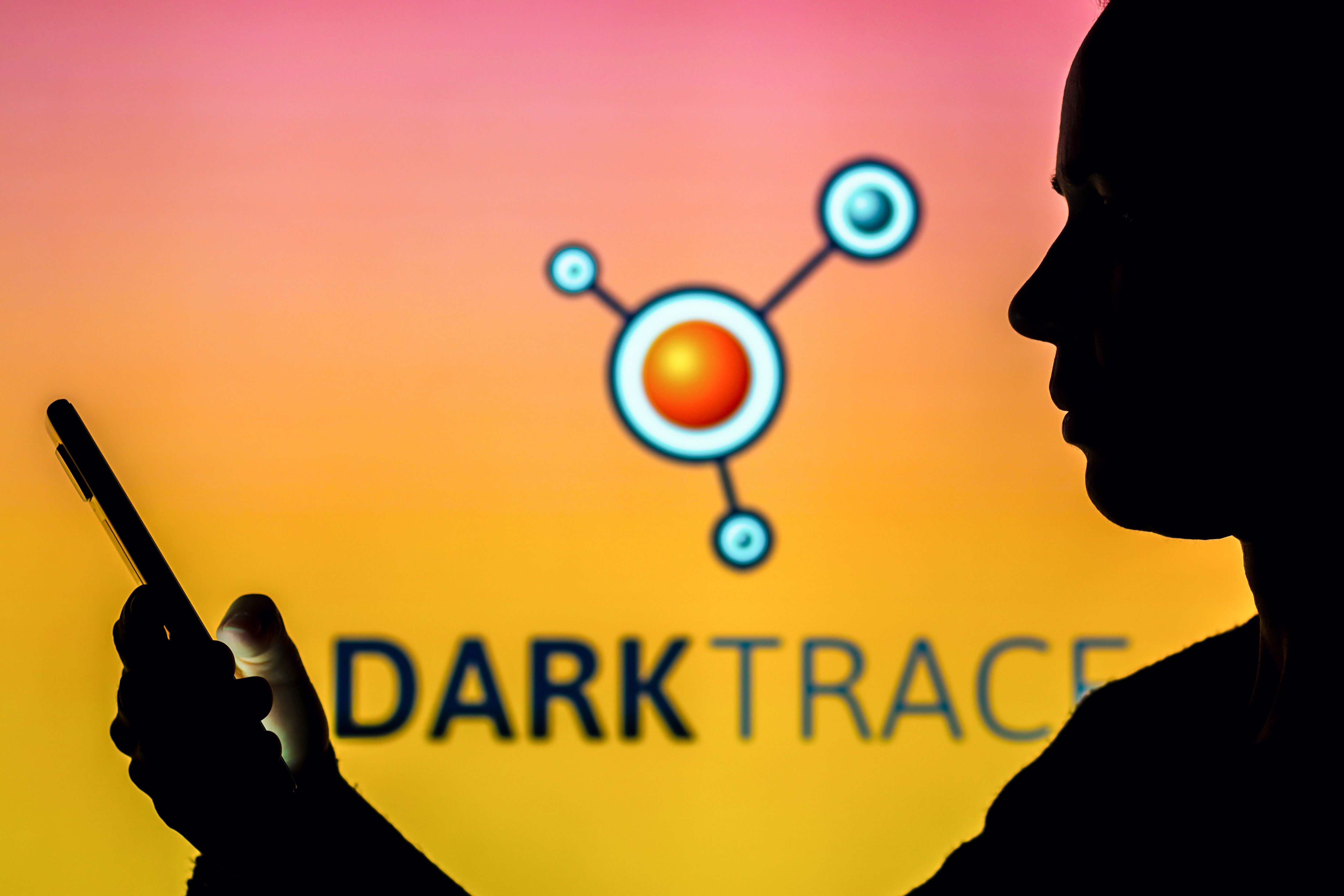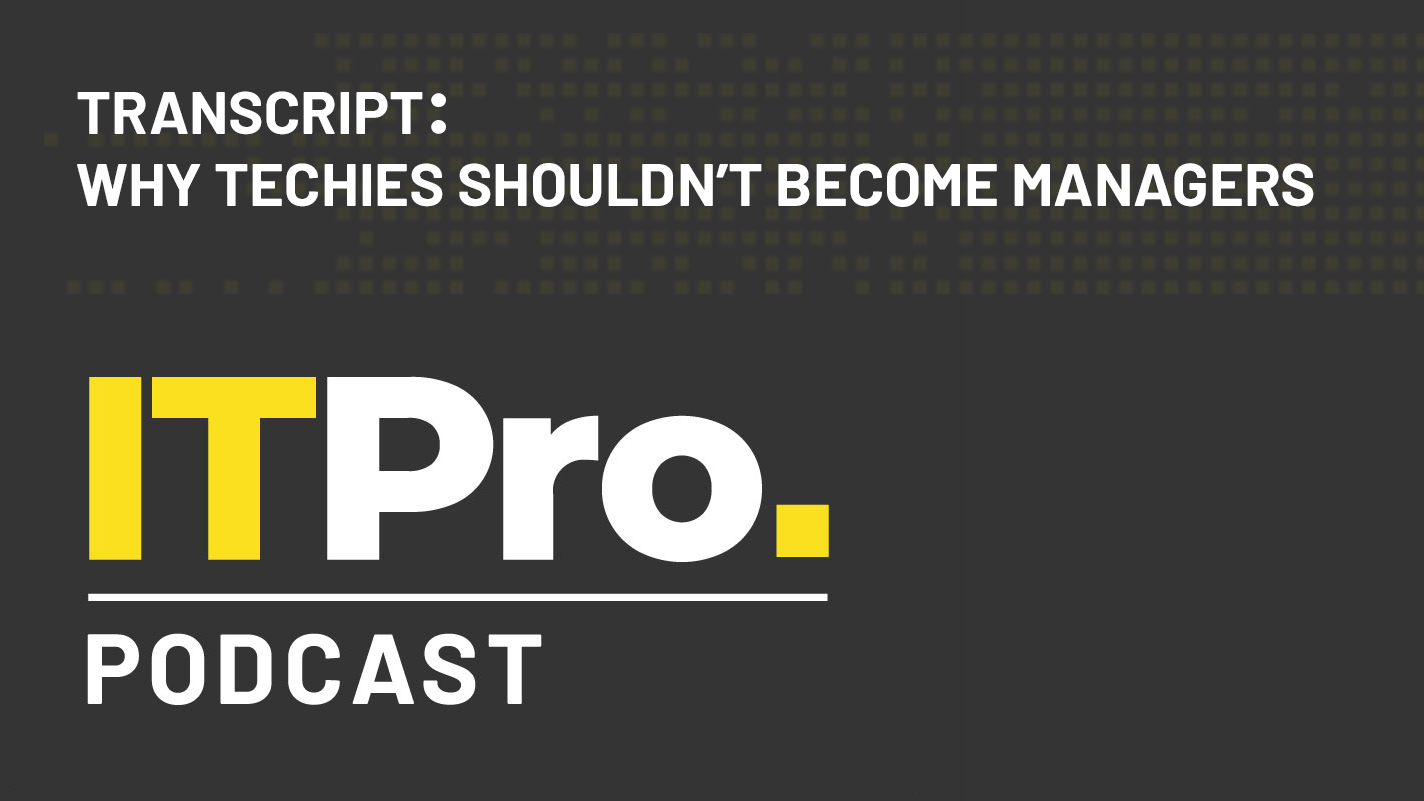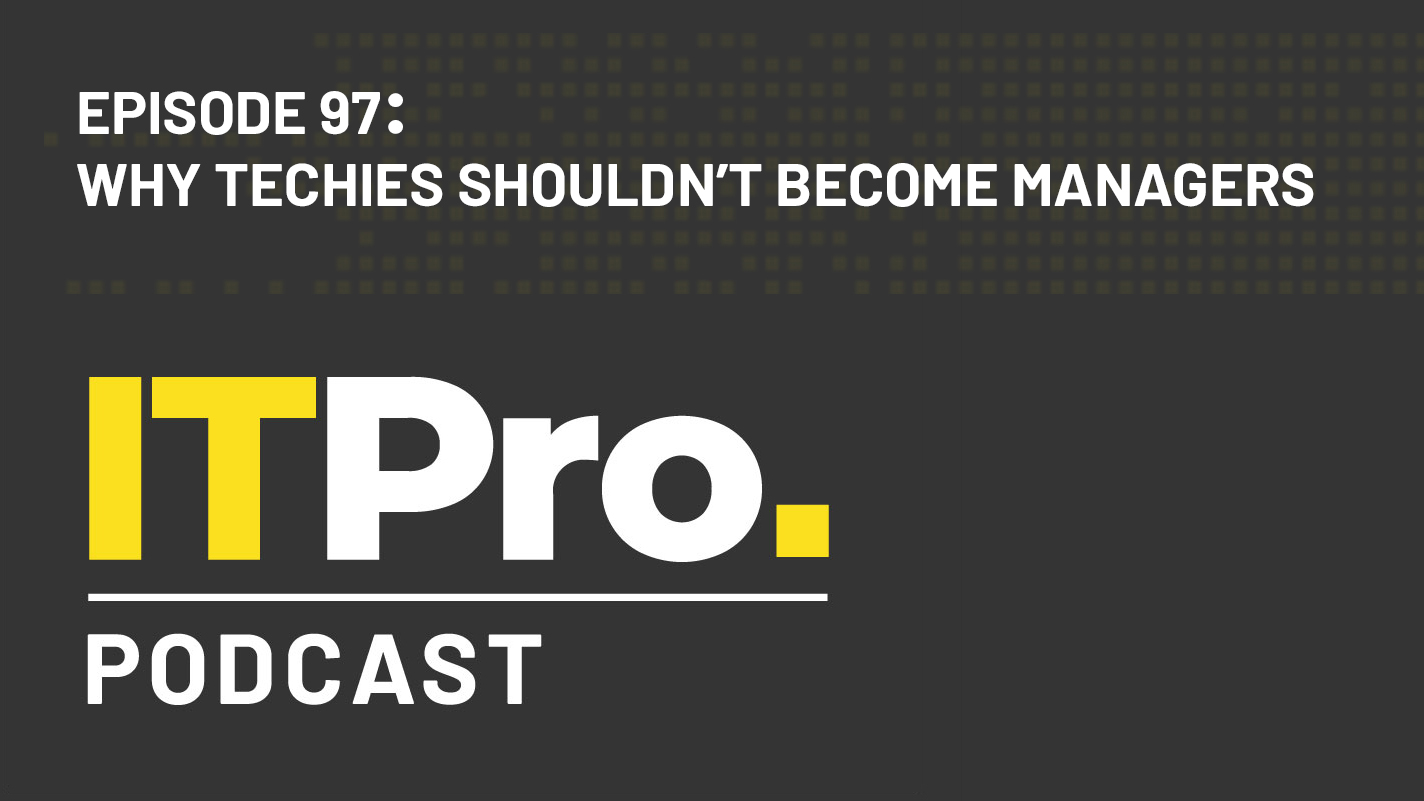Why agility is vital for security professionals
DWP, Network Rail and more on how to build a security team


Agility is an essential skill for security workers, according to cyber security chiefs from the likes of Skyscanner and Network Rail speaking at Infosecurity Europe 2017 today.
The term 'agility' can mean being flexible about the nature of their daily task as well as the method of working, according to Vicki Gavin, The Economist Group's head of continuity and information security.
She said: "Just because you're hired to be a security operations centre [SOC] analyst does not mean you will always be a SOC analyst. Being able to duck and dive pertains to what we do."
Mahbubul Islam, head of secure design at the Department for Work and Pensions (DWP), agreed and highlighted how a team should be ready to react to what a business needs as necessary.
"I would say it's a more disciplined, self-organising team who work together in various activities," he said.
For Stuart Hirst, head of IT security at Skyscanner, agility means doing things at pace and experimenting. He also underlined the importance of "failing forward, failing fast" where individuals learn to prevent the same mistake happening in the future.
Network Rail CISO Paul Watts identified an important factor as empowering security staff "who aren't asking for permission" who work with the business, not just for the business.
Get the ITPro daily newsletter
Sign up today and you will receive a free copy of our Future Focus 2025 report - the leading guidance on AI, cybersecurity and other IT challenges as per 700+ senior executives
Gavin underlined how one of the backbones of agility is resilience "It's the unexpected we have to deal with and the only way to deal with that is being agile." She added: "It's the stuff you can't imagine that you have to respond to. From the top down they need to expect things to go wrong".
Watts agreed with this, and added that an agile security team sits everywhere within a business, saying: "Security is a collective responsibility; we are providing capabilities and education to bring the entire business in."
Skyscanner's Hirst added: "Everyone in security has the autonomy to pick up pieces of work and drive them".
How to hire a security staffer
Hirst looks for people who are experimentational and "ready to take on some chaos", saying this means people who are flexible enough to react to different situations.
On the other hand, Gavin said that often it's important to develop the individuals in your team from scratch, admitting: "One of the tricks we often miss is not developing people once we have someone on board."
DWP's Islam said that you have to give individuals the opportunity to develop based on the skills they have, while Network Rail's Watts highlighted that even if a candidate has the right technical skills, they need soft skills too. "I would bring someone like that into my team and develop them," he said.
Do companies need to change their hiring methods?
"Rethinking needs to happen" Gavin argued, adding that The Economist Group develops a list of must-have qualifications, while keeping an open mind if an exciting candidate has an unusual background.
In order to attract more people to the industry, Skyscanner has tried to embed itself in groups that exist in Scotland to try and attract people to the job specification, said Hirst. He also highlighted that there was a distinct lack of young girls going into security, and the sector as a whole, questioning why they aren't being encouraged to enter. "I dont have the answer" he said, "but we are trying to change things in the UK."
Gavin added: "We need to make sure that young people understand that the jobs of tomorrow will not exist today. When I joined the workforce, cyber security did not exist."
Picture: Bigstock
Zach Marzouk is a former ITPro, CloudPro, and ChannelPro staff writer, covering topics like security, privacy, worker rights, and startups, primarily in the Asia Pacific and the US regions. Zach joined ITPro in 2017 where he was introduced to the world of B2B technology as a junior staff writer, before he returned to Argentina in 2018, working in communications and as a copywriter. In 2021, he made his way back to ITPro as a staff writer during the pandemic, before joining the world of freelance in 2022.
-
 Cleo attack victim list grows as Hertz confirms customer data stolen
Cleo attack victim list grows as Hertz confirms customer data stolenNews Hertz has confirmed it suffered a data breach as a result of the Cleo zero-day vulnerability in late 2024, with the car rental giant warning that customer data was stolen.
By Ross Kelly
-
 Lateral moves in tech: Why leaders should support employee mobility
Lateral moves in tech: Why leaders should support employee mobilityIn-depth Encouraging staff to switch roles can have long-term benefits for skills in the tech sector
By Keri Allan
-
 Darktrace snaps up former Cohesity executive to lead channel efforts
Darktrace snaps up former Cohesity executive to lead channel effortsNews Dan Monahan will oversee the cyber security AI specialist’s channel sales, technology alliances, and strategic relationships
By Daniel Todd
-
 Google adds stronger safeguards for Workspace accounts
Google adds stronger safeguards for Workspace accountsNews An automatic safety features notify users of risky account actions
By Praharsha Anand
-
 IT Pro Panel: Tackling technical recruitment
IT Pro Panel: Tackling technical recruitmentIT Pro Panel With the recruitment market shifting, how can businesses both retain their best staff and fill gaping talent shortages?
By Adam Shepherd
-
 Podcast transcript: Why techies shouldn’t become managers
Podcast transcript: Why techies shouldn’t become managersIT Pro Podcast Read the full transcript for this episode of the IT Pro Podcast
By IT Pro
-
 The IT Pro Podcast: Why techies shouldn’t become managers
The IT Pro Podcast: Why techies shouldn’t become managersIT Pro Podcast Managing people is a completely different skillset to managing technology - so why do we keep pushing people from one to the other?
By IT Pro
-
 Podcast transcript: How umbrella companies exploit IT contractors
Podcast transcript: How umbrella companies exploit IT contractorsIT Pro Podcast Read the full transcript for this episode of the IT Pro Podcast
By IT Pro
-
 The IT Pro Podcast: How umbrella companies exploit IT contractors
The IT Pro Podcast: How umbrella companies exploit IT contractorsIT Pro Podcast Is tighter regulation needed to stop workers from being cheated out of earnings?
By IT Pro
-
 Data scientist jobs: Where does the big data talent gap lie?
Data scientist jobs: Where does the big data talent gap lie?In-depth Europe needs 346,000 more data scientists by 2020, but why is the gap so big?
By Zach Cooper